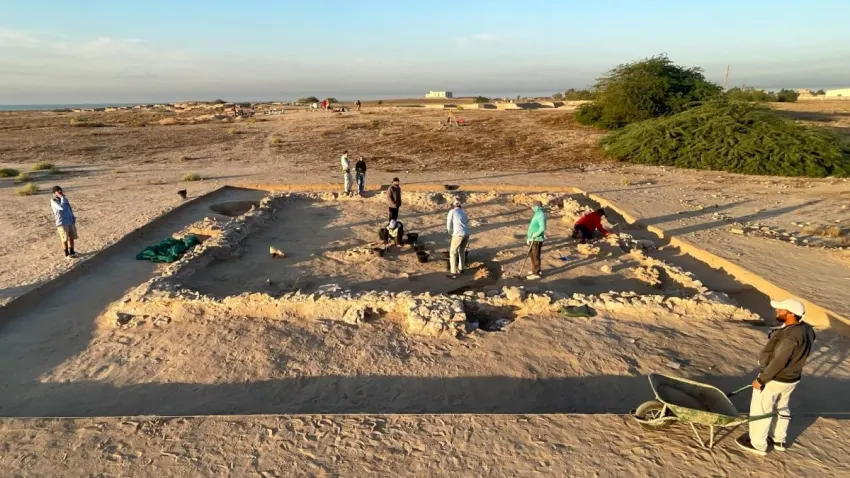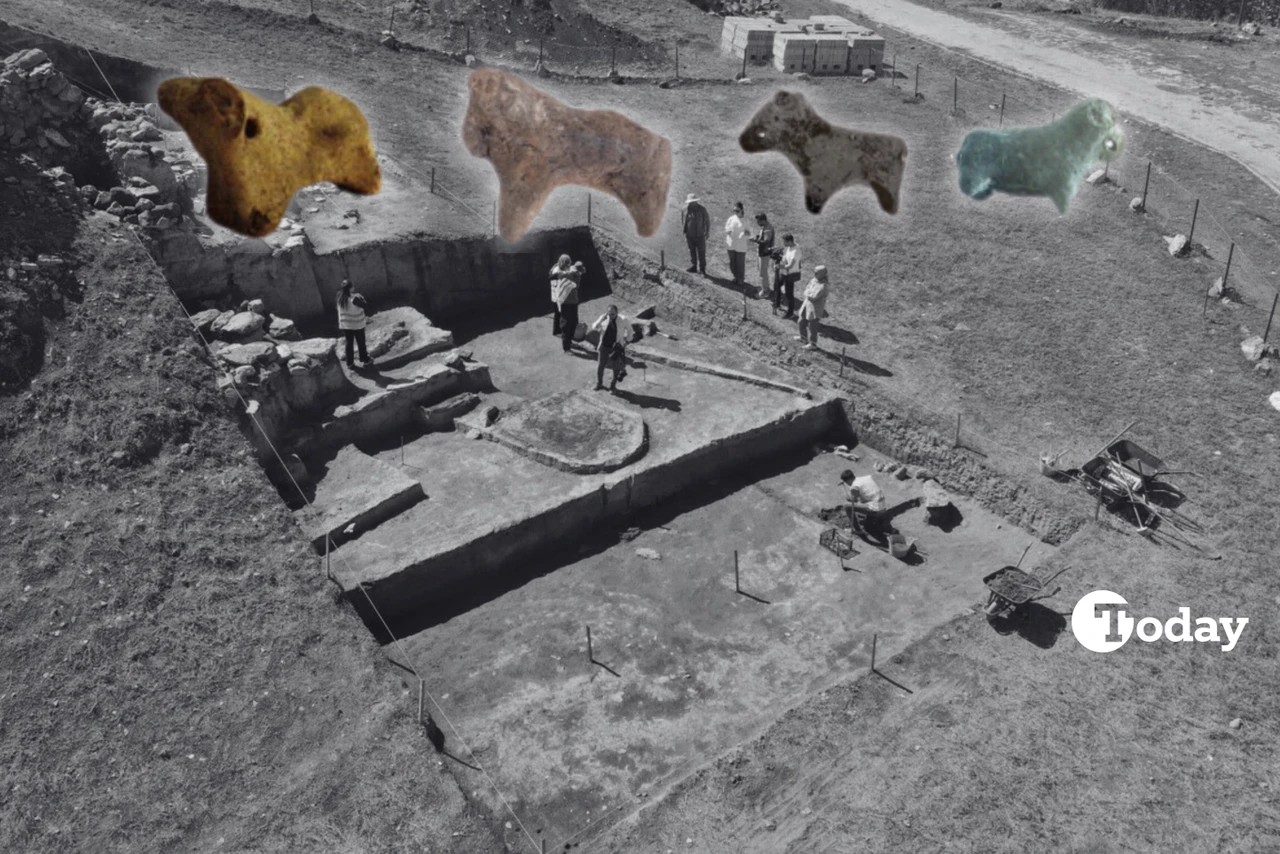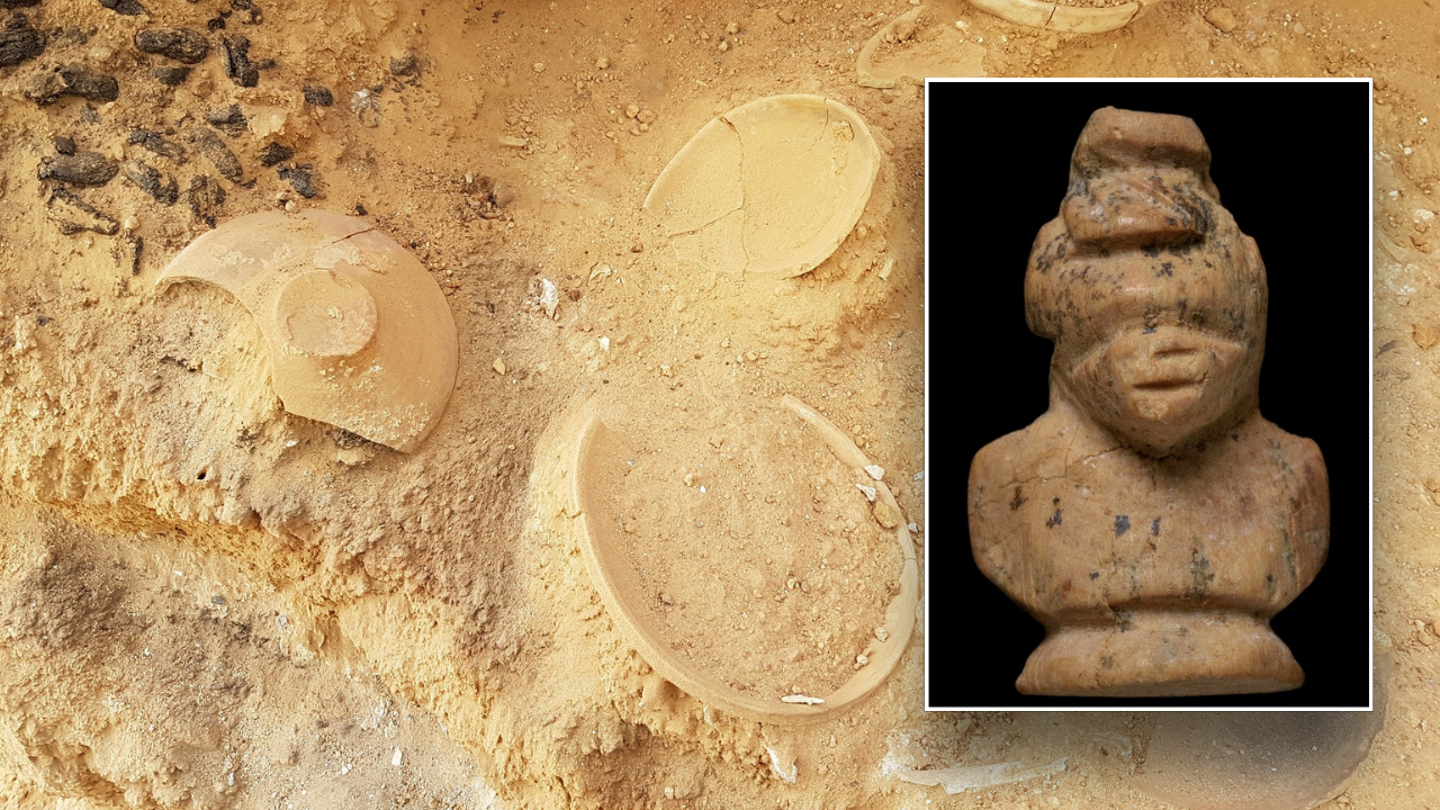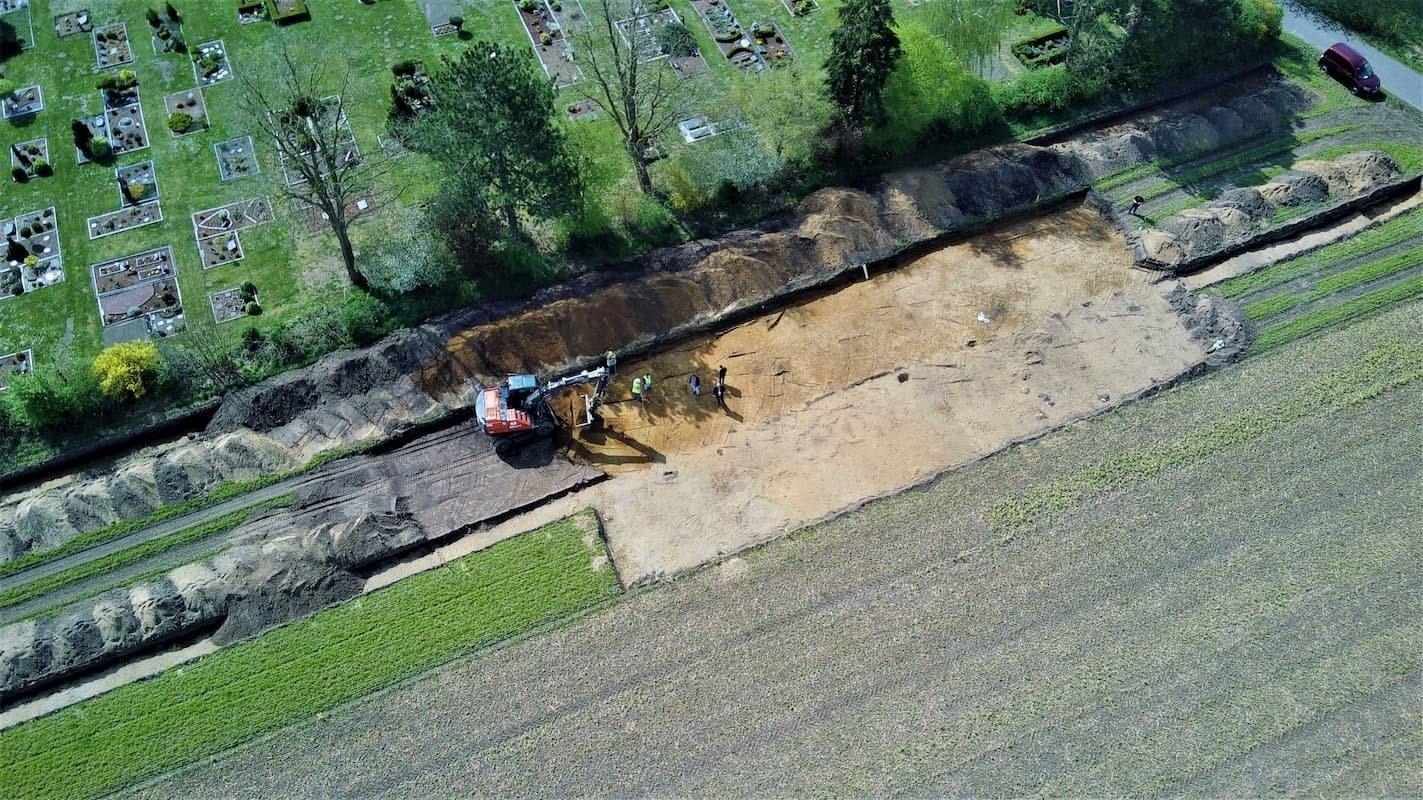The unveiling of the statue of Hippocrates took place on Sunday afternoon, October 1st, in a public place, specifically in the thicket that leads from the port of Kos to the historical Platano (plane tree) of Hippocrates.
The statue of the father of medicine, who was born in Kos, was designed by the sculptor Giorgos Kikotis and is a contribution by the Greek from the USA, Dimitris Tassios, of Kosic origin.
The ceremony was attended by local authorities, hundreds of ordinary citizens, and guests, while the unveiling was followed by the performance of the Hippocratic oath.
This is a statue representing Hippocrates holding a wooden pole in which the serpent is wrapped, according to historical reports. The work that was placed is a work of great artistic value.
A little about Hippocrates
Hippocrates was an ancient Greek physician who is considered the father of medicine and one of the most important physicians of antiquity. He was born in about 460 BC in the city of Kos, which is located in the Aegean archipelago, and died around 370 BC. The life and work of Hippocrates have left an inestimable mark on the field of medicine and on wider human knowledge.
Although information about the life of Hippocrates is limited and often unclear, we do know that he was a member of the Hippocratic family, a noble family that came from the island of Kos. He was educated in the fields of medicine and philosophy and became the most recognized physician of his time.
The most important work of Hippocrates is the collection of the Hippocratic Writings, also known as the "Hippocratic Collection" or "Hippocratica". This collection includes over 60 texts dealing with medicine, health, and nutrition. These works contain valuable insights and observations on human health, disease, and medical practice at the time.
Hippocrates instituted the medical oath, known as the Hippocratic Oath, which is an ethical code for medical practitioners, emphasizing the need to maintain the highest level of ethics and professionalism in their medical practice.
Hippocrates died at an advanced age, leaving a legacy that continues to influence the field of medicine and human health today. Hippocratic principles and his approach to medicine continue to form the foundation of medical science and practice.











